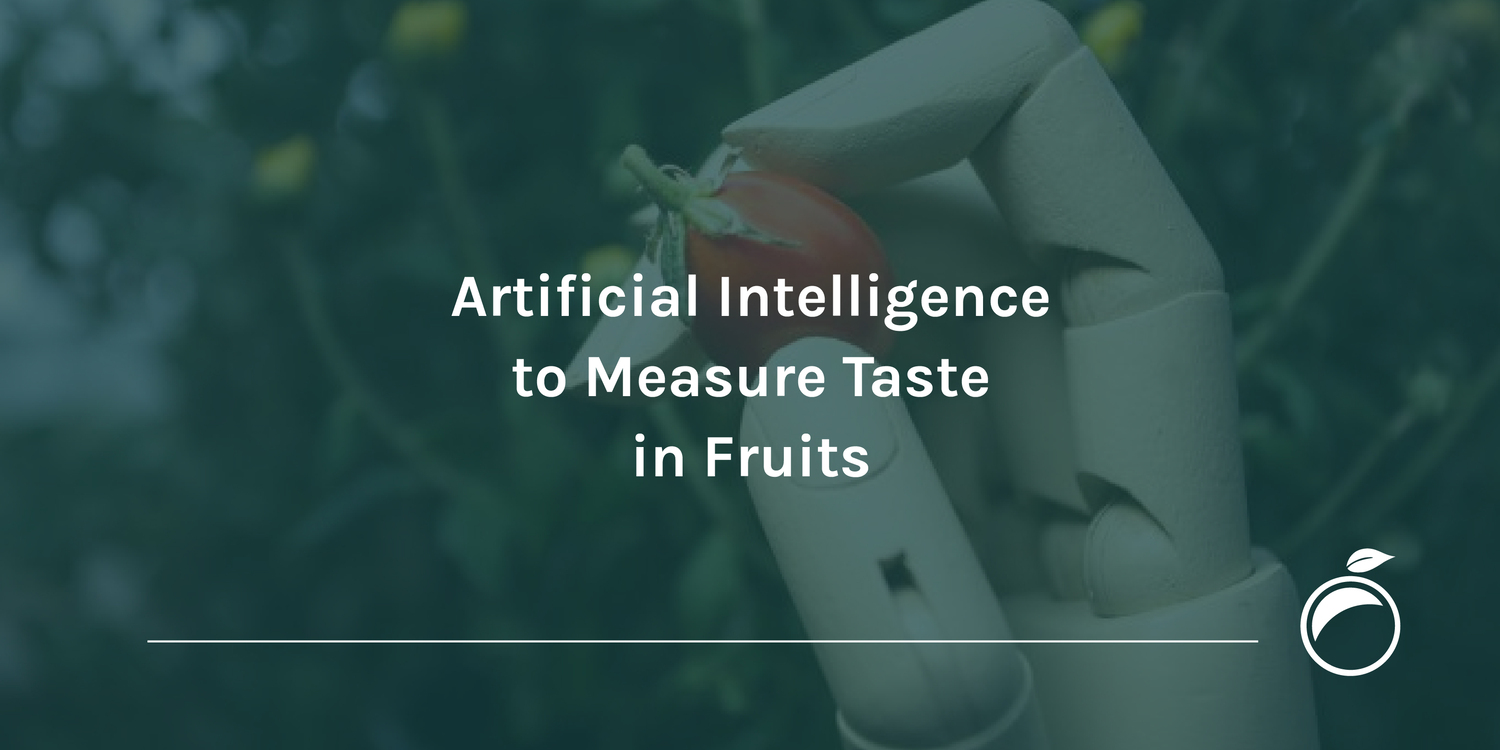
Artificial Intelligence to Measure Taste in Fruits
For several years, geneticists and breeders have helped producers to increase the yield of their crops through genetic improvement. However, today this is not entirely sufficient to meet market demand, as consumers are demanding that products taste and smell better and better.

Taking this into account, professors and researchers from the Institute of Food and Agricultural Sciences (IFAS) of the University of Florida (UF), through various studies and analyses, developed a method to measure the taste and smell of fruits and vegetables.
So far, the normal process to know if a fruit or vegetable variety is worth growing is by tasting and smelling the product directly, a process that logistically might not be so convenient, since in theory a consumer panel should be hired, which should be represented by people of diverse age range and different ethnic origins, at least to have good effectiveness, according to Harry Klee, horticultural sciences professor at IFAS/UF.
Marcio Resende, geneticist, professor, and researcher at the same academic unit, explains that they are seeking to obtain an artificial intelligence “Connoisseur” based on a model that indicates which chemical compounds produce the best flavor and odor characteristics for fruits, compounds such as acids, sugars, volatiles, among others.
Resende was also the one who led the research in which, with help from consumer panels, scores on flavor attributes such as sweetness, acidity, and flavor intensity were compiled. These scores were used to establish a range of what consumers like, finding that in most of the cases volatile compounds were contained in the fruits that consumers liked the most.
This information is of great importance since by introducing it into a statistical model, and with help of artificial intelligence, consumer preferences can be efficiently predicted.
For now, this method has only been applied to blueberries and tomatoes, but if it proves to be effective, the aim is to be able to evaluate the flavor scores of a wide variety of fruits and vegetables, which would represent a great advantage over the manual procedure, since this last one is limited to evaluate one product at a time.
In the same way, researchers at the IFAS/UF expect that these advances will help producers to be more competitive in the market, as well as to allow consumers to have better experiences when consuming the products.
Source:
Fresh Fruit Portal
Researchers use artificial intelligence to find better tasting fruits and vegetables
